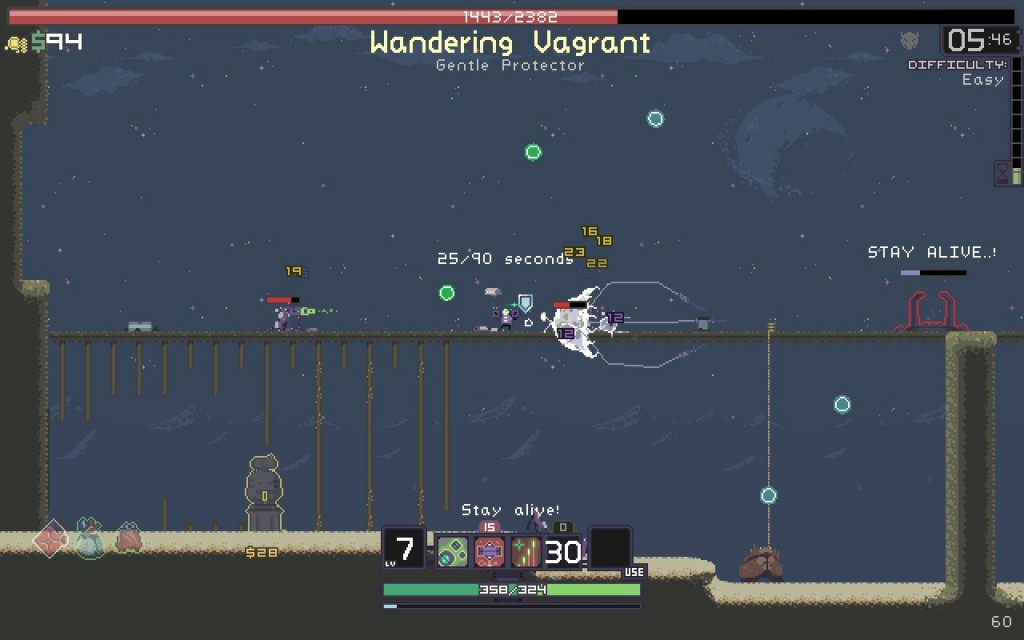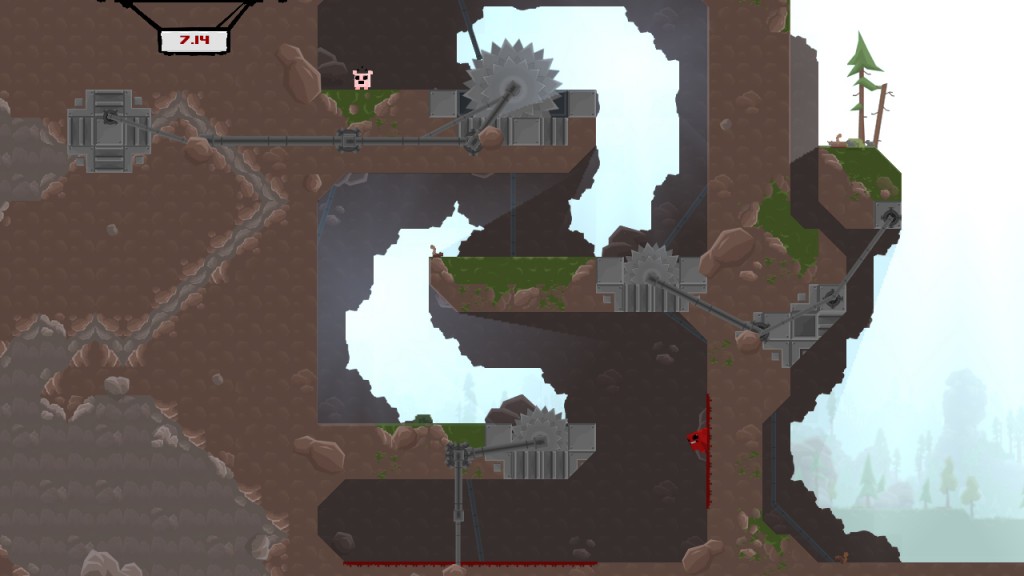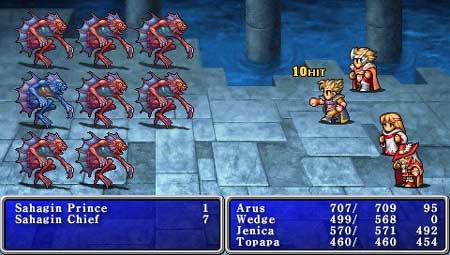It’s interesting to see the level of randomness we’ll accept in our games. This post is somewhat inspired by the running jokes regarding the luck of Bel and Tam.
One of the complaints Tam and I shared about Darkest Dungeon was the tendency toward “cascading failure”. It was my experience that an enemy crit might lead to your entire team getting stressed, which might make one go crazy and start attacking a party member who would then get more stressed and go crazy, until your entire party is dead. This remains a problem even if the enemies aren’t much of a threat otherwise. Darkest dungeon revels in its randomness, and it was a bit much for me. I figured it would be a good opportunity to examine how other games use randomness.
Two Extremes
On one side, we have roguelikes. On the other hand, there are a lot of examples of games with no randomness whatsoever, like Super Mario Brothers. For the purposes of this conversation, I’m ignoring the second category, but there are a lot more of them than you might think at first. Most scrolling shooters, bullet hell or otherwise, have fixed patterns, with the only changes coming from reaction to the player’s position. Most platformers are similar, even modern ones like Rayman, Ori, and Super Meat Boy. (As an aside, Super Meat Boy is such a wonderful example of a lot of game concepts that I’m probably not going to stop comparing things to it until people no longer remember what it is.) Instead of talking about those, let’s start somewhere else familiar.
Ultimate Illusion
It’s not hard to see where the Final Fantasy series took its original inspiration from, and so it’s not a large surprise that it ended up with random elements to replace the dice rolling that tabletop RPGs use. As a result, there’s turn order, damage variance, spell effectiveness, enemy target selection, enemy attack selection, encounter rate, encounter type, and probably other things that I’m forgetting that are randomly determined. Even with all of this, Final Fantasy is not random enough that it feels unfair. You know that your fighter or monk is going to reliably do a certain amount of damage, enough to kill an enemy in X number of hits. You know that if you use fire spells on undead enemies, most of them will take more damage than usual. You can even have a good idea of how much damage enemies do, so you know when you need to heal. Even though there’s some amount of randomness inherent in all of these things, it isn’t overwhelming.
Genre-Defining
Roguelikes (so-named because of the game Rogue) feel like the above does not go far enough. Some of my favorite games fall into this category, like Risk of Rain, the Pokemon Mystery Dungeon series, and Diablo (think about it). Hallmarks here include all of the above, plus random (or semi-random) level design, random items, and getting set back dramatically if you die. The goal in this is to ensure that every time you play the game it’s a little different. The large death penalty also encourages learning, instead of memorization; your growing skill as a player is supposed to be the driving factor behind making further progress. There are enough games calling themselves roguelikes with progression systems that this isn’t always true.
My problem with some games like this is that it’s possible to get an RNG overdose. Using Risk of Rain as an example, if you’re playing one of the close-range characters and don’t have a decent source of healing by about 20 minutes (on normal), you might be doomed due to circumstances that are mostly outside of your control. Likewise if you’re the commando (the character you start with) and haven’t found something that helps you deal with groups, you’re going to have a hard time. Roguelikes in general tend to be somewhat bad about this, it’s possible to have lost and not even know for a period of time. In Risk of Rain in particular, this time is unlikely to be longer than about 10 minutes. In Darkest Dungeon, it sometimes wasn’t as kind. (Ex: “You didn’t bring enough shovels, but you don’t know that yet!”) They also have the problem outlined in the opening, where defeat comes from a series of unlucky rolls in a very short amount of time.

Sliding Scale
This doesn’t seem like an easy problem to solve. In games of this style, things have to vary enough to be interesting, without screwing the player over completely. You might argue that “screwing the player over completely” is the point, but I don’t buy that, and that mentality is why most of these games struggle to expand their audience. I think one of the best solutions is the ability to choose how difficult the game is, but this isn’t perfect. Diablo doesn’t make you play on Hardcore mode, but it’s there as an option. Pokemon Mystery Dungeon only makes you start at square one (Level 1, no items) for the bonus dungeons.
I haven’t given up on roguelikes as a whole, and I’m always interested to see how the next one handles some of these issues. The fact that other people like even the games I think are too random proves that there’s an audience that enjoys that. Steam certainly has plenty to choose from.


